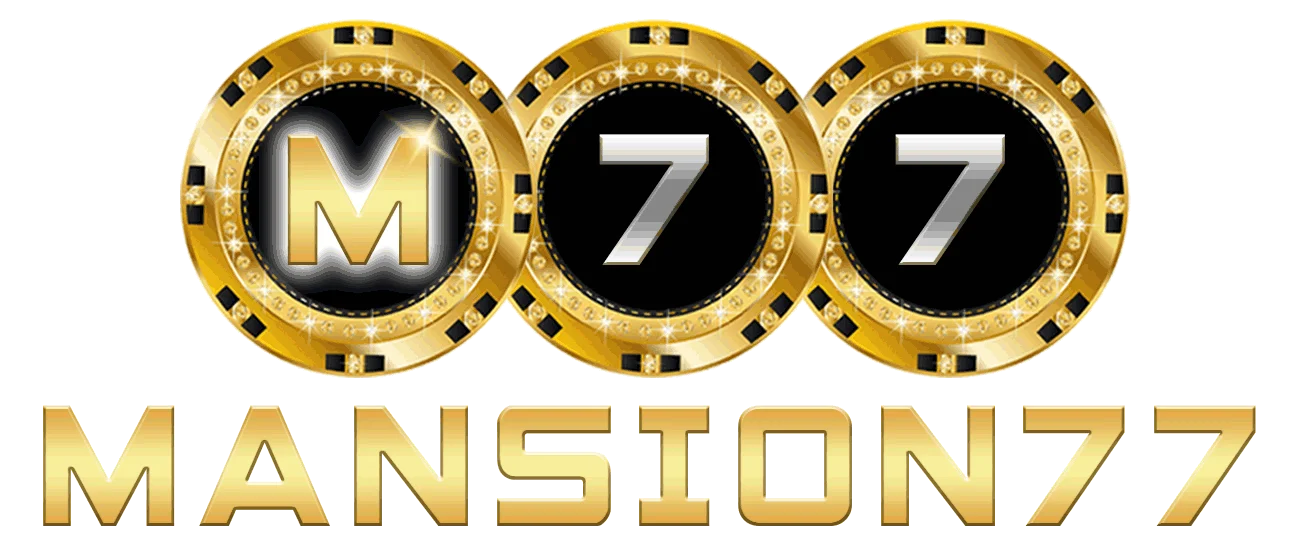SLOT DEMO PRAGMATIC PLAY
Slot Demo Gratis - Demo Slot Pragmatic - Akun Demo Rupiah Indonesia
Slot Demo Gratis - Demo Slot Pragmatic - Akun Demo Rupiah Indonesia
Couldn't load pickup availability
Slot Demo atau Demo slot merupakan salah satu fitur yang disediakan oleh berbagai provider slot online termasuk Pragmatic Play agar para member dapat bermain game slot gacor hari ini secara gratis. Dengan adanya akun demo slot rupiah indonesia tentunya sangat membantu para member untuk mengenal game slot online yang ingin dimainkan sebelum masuk ke game slot dengan uang asli. Disini kami telah menyediakan berbagai jenis game slot gacor yang dapat dimainkan secara gratis menggunakan akun slot demo pragmatic.
Anda tidak perlu khawatir karena kami disini langsung bekerjasama dengan Pragmatic Play sehingga anda akan langsung mendapatkan saldo modal sebesar Rp 100.000 dan akan terisi kembali apabila saldo telah turun di bawah Rp 10.000. Akun Slot Demo yang kami sediakan juga anti lag serta dan pastinya sangat lancar saat dimainkan. Maka dari itu anda tidak perlu lagi bingung dalam mencari situs demo slot gacor yang memberikan akses 24jam serta memiliki game slot yang lengkap, karena Mansion77 sudah menyediakannya.
Berbagai keuntungan bisa anda raih apabila bermain slot online menggunakan akun demo slot terlebih dahulu. Karena apabila anda masih pemula dan awam dalam bermain slot masih akan kebingungan dengan berbagai fitur yang ditampilkan saat anda bermain. Maka dari itu bermain menggunakan akun slot demo membantu anda untuk banyak mempelajari karakteristik hingga berbagai elemen didalam permainan slot gacor.
Jadi silahkan rasakan sensasi bermain game slot online mirip asli menggunakan akun slot demo yang telah kami sediakan. Game demo yang telah kami sediakan sudah dirancang agar permainannya tidak lag dan sesuai dengan game slot online dengan uang asli. Apabila anda juga sedang mencari situs slot terpercaya maka anda bisa memilih MANSION77 sebagai salah satu tempat sarana bermain judi slot.
demo slot

- Choosing a selection results in a full page refresh.
- Opens in a new window.

